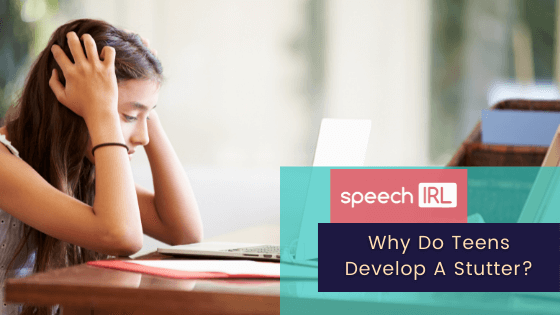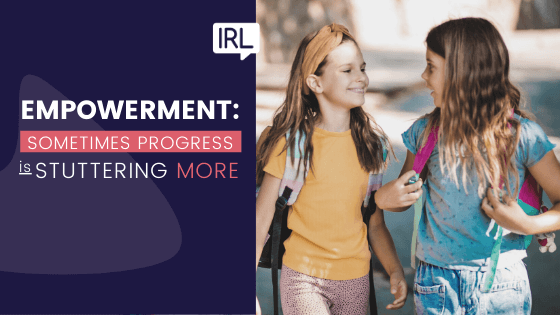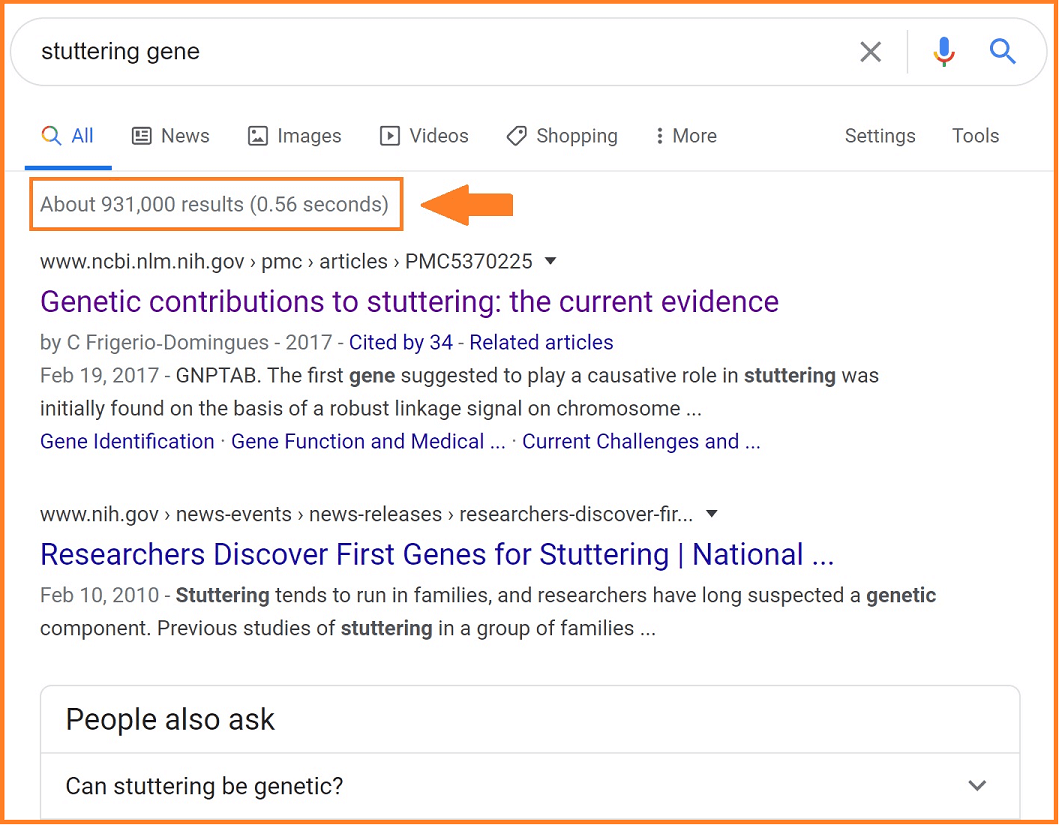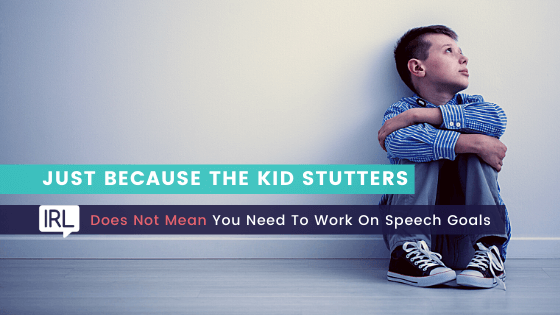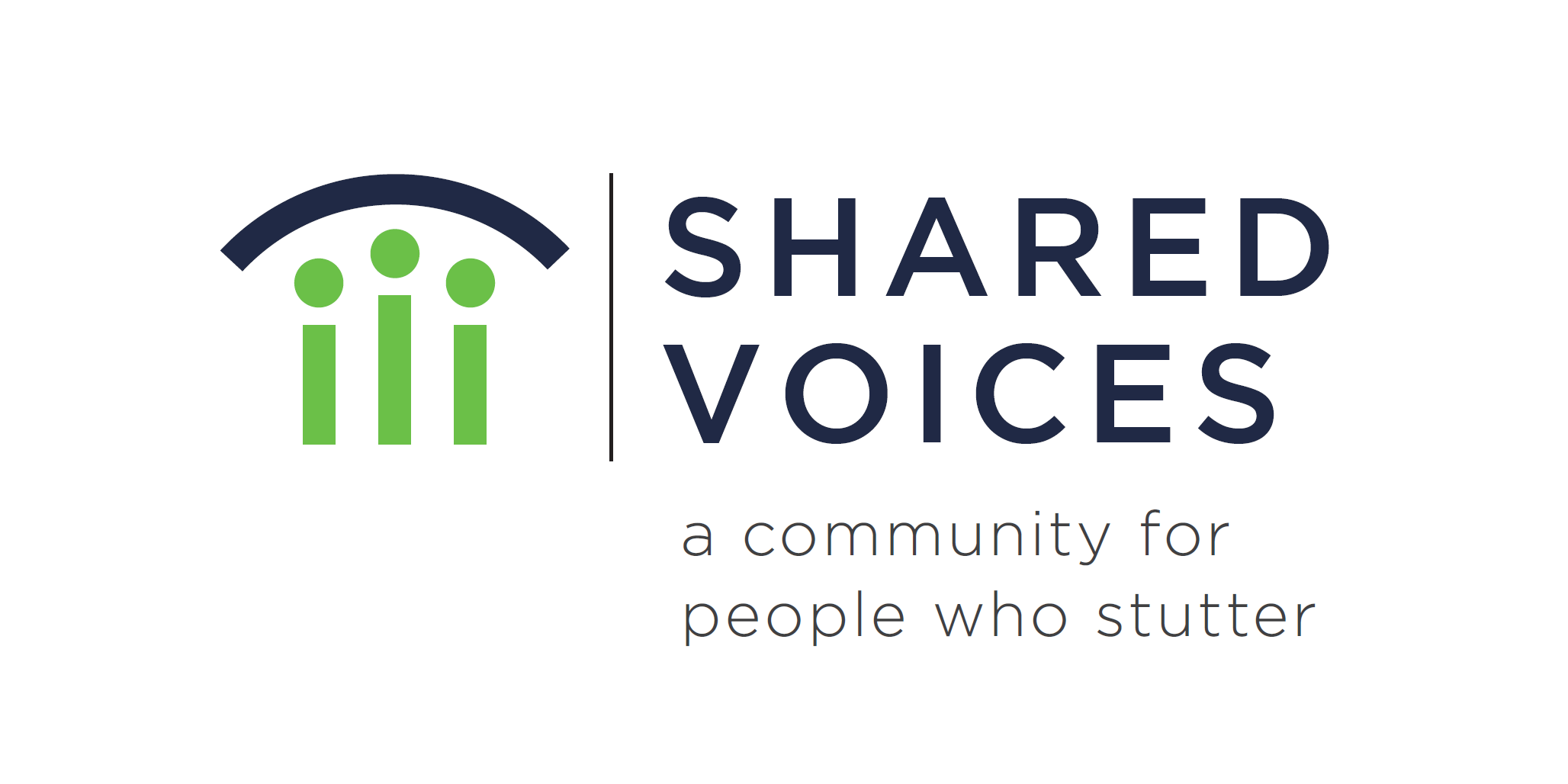Stuttering most often begins in early childhood, during the preschool years. Studies typically define this as between the ages of two and five years old. While it can be alarming when a young child begins to struggle with speaking, most people know that this is relatively common among young children. Next steps are easy to figure out: talk to your doctor, consult a speech-language pathologist. In most cases, children will naturally recover without the need for therapy.
But what if a person starts to stutter when they are twelve? Fifteen? Nineteen? What’s that about? Stuttering doesn’t just happen suddenly to adolescents or young adults...right?
The short version: Yes, sometimes stuttering does start in adolescence-- even the late teen years. NO, this isn’t always psychogenic (a result of trauma) or neurogenic (result of a brain injury). Sometimes it’s just regular, garden-variety, childhood onset stuttering that decided to show up later than usual.
It can be tricky to track down information on the cause of a newly stuttering teenager. Families who find themselves in this situation can be panicked, seeking MRIs from neurologists to rule out brain tumors, and desperate for answers when the doctors say everything looks normal. This is not normal!
So. Let’s talk about this. Late-childhood onset stuttering.
Read more